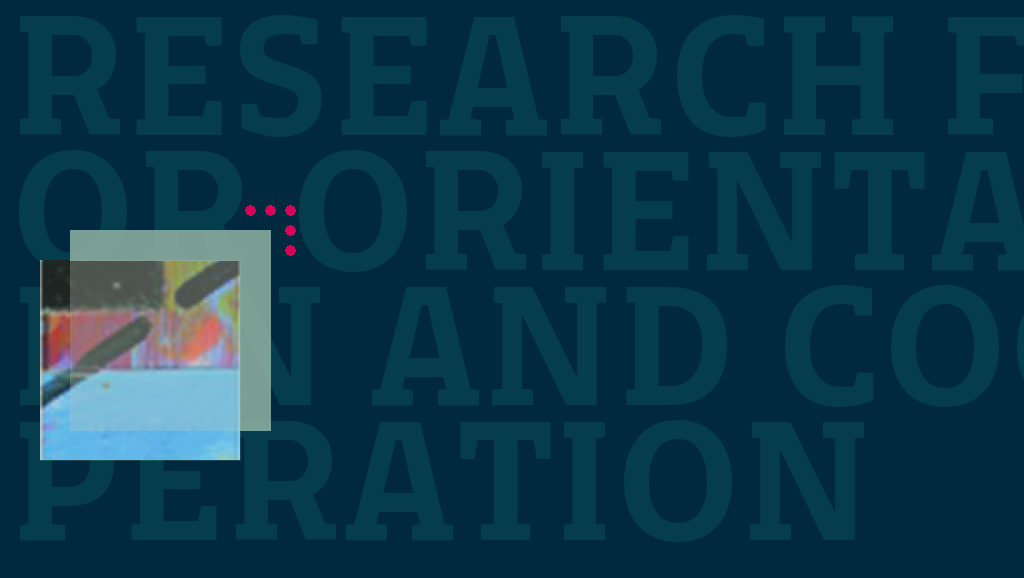An initiative has been launced at the Institute of Technology Assessment and Systems Analysis (ITAS) within the Karlsruhe Institute of Technology (KIT), with the aim of pooling efforts in technology assessment and related future-oriented fields of study in order to create resources of orientational knowledge for the world after the COVID-19 crisis.
During a phase when, for understandable reasons, almost everything happening in politics and society is dominated by the imperatives of navigating uncharted territory and coping with the pressure for immediate action, the research community has a particular responsibility to help ensure society does not lose sight of the near and more distant future, and to envisage new forms of cooperation. Working together, we can create a knowledge platform for the future of our societies.
The kind of orientational knowledge needed, ranges from the lessons that can be learned from the crisis about how societies deal with epidemics and pandemics and about healthcare systems more generally, to ideas for the large number of “system-relevant” improvements whose necessity is becoming apparent at this time, and contributions to the comprehensive societal changes that appear desirable in the light of the crisis or could come to be required on account of its socioeconomic consequences.
Apart from generating new knowledge, the initiative also intends to gather and harness existing knowledge for the measures that will have to be taken if we are to collectively make our societies more resilient – and that will go far beyond the management of epidemics or pandemics.
As a first step, the initiative would like to invite readers to link up with the Rococo initiative (Research for orientation and cooperation after the COVID-19 crisis) by contacting them at rococo@itas.kit.edu before the end of April. They hope you will appreciate that, if you submit specific contributions or ideas along with your message, it is unlikely that they will be able to respond to them until May. However, they will be very glad to answer any questions you may have about the initiative at the earliest opportunity.
When you inform them of your interest, please tell them if you do not wish to receive the (low frequency) email newsletter they will be distributing in future. Otherwise they will send it to the address from which they have been contacted.
The initiative is led by Martina Baumann, Christopher Coenen, Christoph Schneider, Nora Weinberger and Silvia Woll.
—————
















